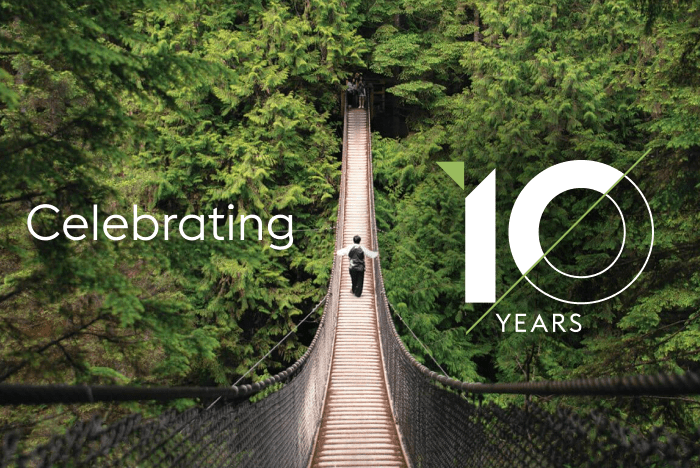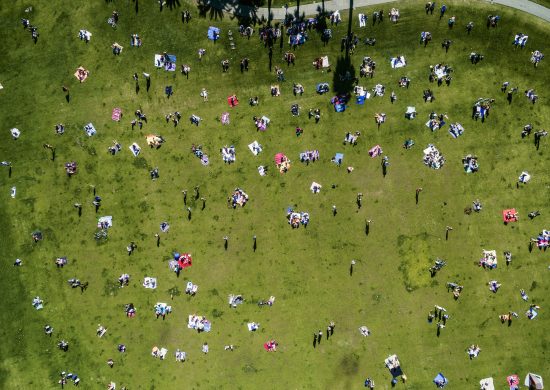
When we put the Pisces Foundation together a little more than ten years ago, I wanted to make sure that we connected with a learning specialist, in our case, the exceptional Rhonda Schlangen. My time as an advocate at the Natural Resources Defense Council made it clear that environmental and climate advocacy was equally about refinement and adjustment as the initial course selected. Some things we try just don’t work. Others play out better than expected. And there is much over which advocates – and their funder partners – have little or no direct control. This makes opportunities to reflect on what is effective (and what is not) desirable – if not essential.
As practiced in our field, however, foundation-driven learning and evaluation have not always accomplished this goal. In fact, formal learning and evaluation have been the subject of important criticism, variously as top-down, artificial, overly simplified, and controlling. Indeed, in my experience, at its worst, “learning and evaluation” modalities can generate enormous pressure within foundations (and NGOs) to generate a view of social change with little correspondence to how it actually happens. When these pressures are dominant, advocates and foundation staff can engage in what amounts to a performative dance of goals, outputs, and outcomes that does little for advocates or foundations.
For these reasons, foundations have important work to do to, well, learn about how they learn. This has been top of mind as the Foundation reflects on a decade of work with our partners. As we celebrate our 10th anniversary, we are trying to lean into a learning mindset of the first sort, looking back over a decade of work and taking stock of what has made a difference, both things we intended and those we did not. In this deep dive, therefore, we are certainly aware of the formal goals and outcomes we had in mind. But we’re trying to avoid looking only within these traditional lines since so much important work and learning occurs outside of them.
So far, our review has uncovered five themes, each reflecting approaches to supporting social change that cut across our three programs. They are not unique to the Pisces Foundation for sure, but they are all areas where we’ve seen the potential for meaningful change-making. Some of these themes reflect intentional design. Some reflect hard pivots away from intentions that needed to evolve; where we needed to evolve.
- Integrating a systems-level view, seeing our role in change-making work in context alongside the work of others as we collectively seek to reshape what are often inequitable and destructive systems
- Bringing more resources and more attention to chronically underfunded areas
- Embracing social entrepreneurship to seed new initiatives for durable change
- Resourcing field infrastructure and social movements to build greater power
- Supporting participatory, field-driven grantmaking as a driver of power-shifting, creativity, and equity
Between now and next June, we will share more in-depth perspectives on these themes. Our team will be offering stories and learnings on our website, social media, and other channels. We’ll introduce you to some of the inspiring partners, teammates, and friends we’ve met along the way and celebrate the progress they’ve made possible.
Our intention is to invite our fellow travelers into a conversation informed by a decade of change, continuity, and appreciation. Our hope is that by being honest about what has worked, what hasn’t, and what’s next, we might spark new ideas and approaches that accelerate our common causes. We hope you’ll follow along, reach out with feedback, and find ideas of use and value.
As we close out this year, please know that we are grateful for your partnership and all you do to advance a more equitable world where people and nature thrive together.



